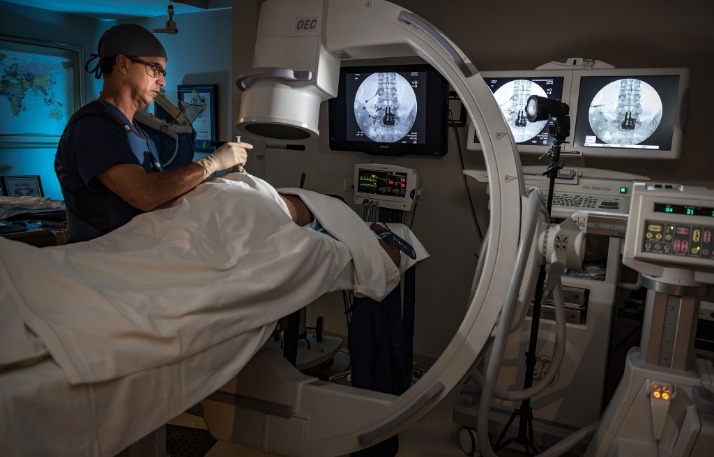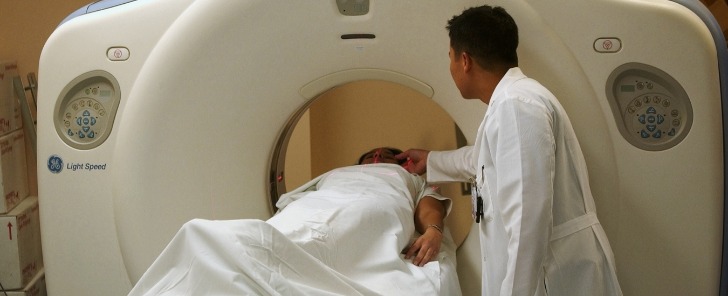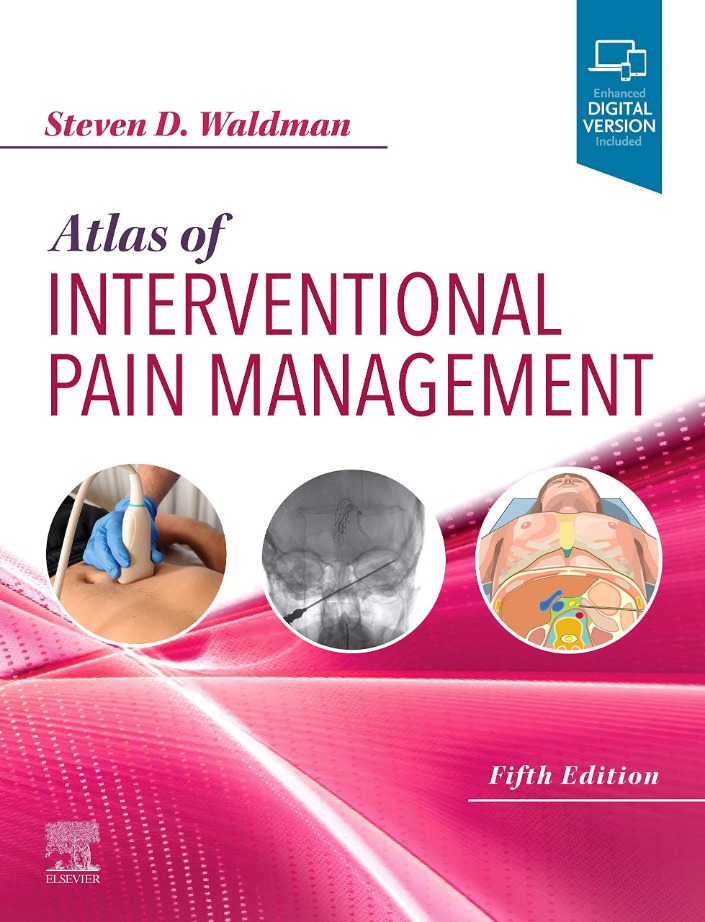A tear in the Anterior Cruciate Ligament (ACL) is more than just a common knee injury. It’s an event that can significantly impact an individual’s quality of life, athletic performance, and long-term joint health. Seeing an ACL doctor is crucial for anyone who suspects they have suffered this kind of injury.
Understanding ACL Injuries
The ACL is one of the four critical ligaments stabilizing the knee joint. Injuries often occur during sports that involve sudden stops, jumps, or changes in direction. Symptoms of a torn ACL include:
- Severe pain and swelling
- A loud “pop” sound during injury
- Instability or “giving way” of the knee
The Importance of Early Diagnosis
Consulting an ACL doctor early can make a significant difference in treatment outcomes. Early diagnosis can lead to preventive measures that might deter further damage. A specialist will conduct a physical examination and may use imaging tests like an MRI to confirm the diagnosis.
Treatment Options
After diagnosing an ACL injury, the treatment path usually falls into two categories: surgical and non-surgical. Non-surgical methods may include physical therapy and the use of knee braces. Surgery might be recommended for active individuals who want to return to sports.
Questions to Ask Your ACL Doctor
When preparing for your consultation, consider the following questions:
- What treatment method do you recommend and why?
- What is the expected recovery time?
- What restrictions will I have during recovery?
Why Choose a Specialist?
Choosing an ACL doctor with specialized expertise can significantly affect recovery and outcomes. Specialists have extensive experience performing ACL reconstruction and understanding the intricacies of knee joint mechanics. For more detailed information, you can visit the ACL doctor recommended for expert care.
FAQs about ACL Injuries
Q: How long is the recovery period after ACL surgery?
A: Recovery can take anywhere from six to nine months, depending on the individual’s health and adherence to rehabilitation protocols.
Q: Can I fully return to sports after an ACL tear?
A: Many people return to their previous level of sports participation, but this varies depending on the severity of the injury and quality of rehabilitation.
Q: What are the risks if I choose not to have surgery?
A: There’s an increased risk of further knee instability, cartilage damage, and arthritis if the knee does not regain its full structural support function.
Dealing with an ACL injury is a challenging journey that requires expert care and patient commitment. Working closely with a qualified ACL doctor ensures a personalized treatment plan, geared toward recovery and long-term joint health.





